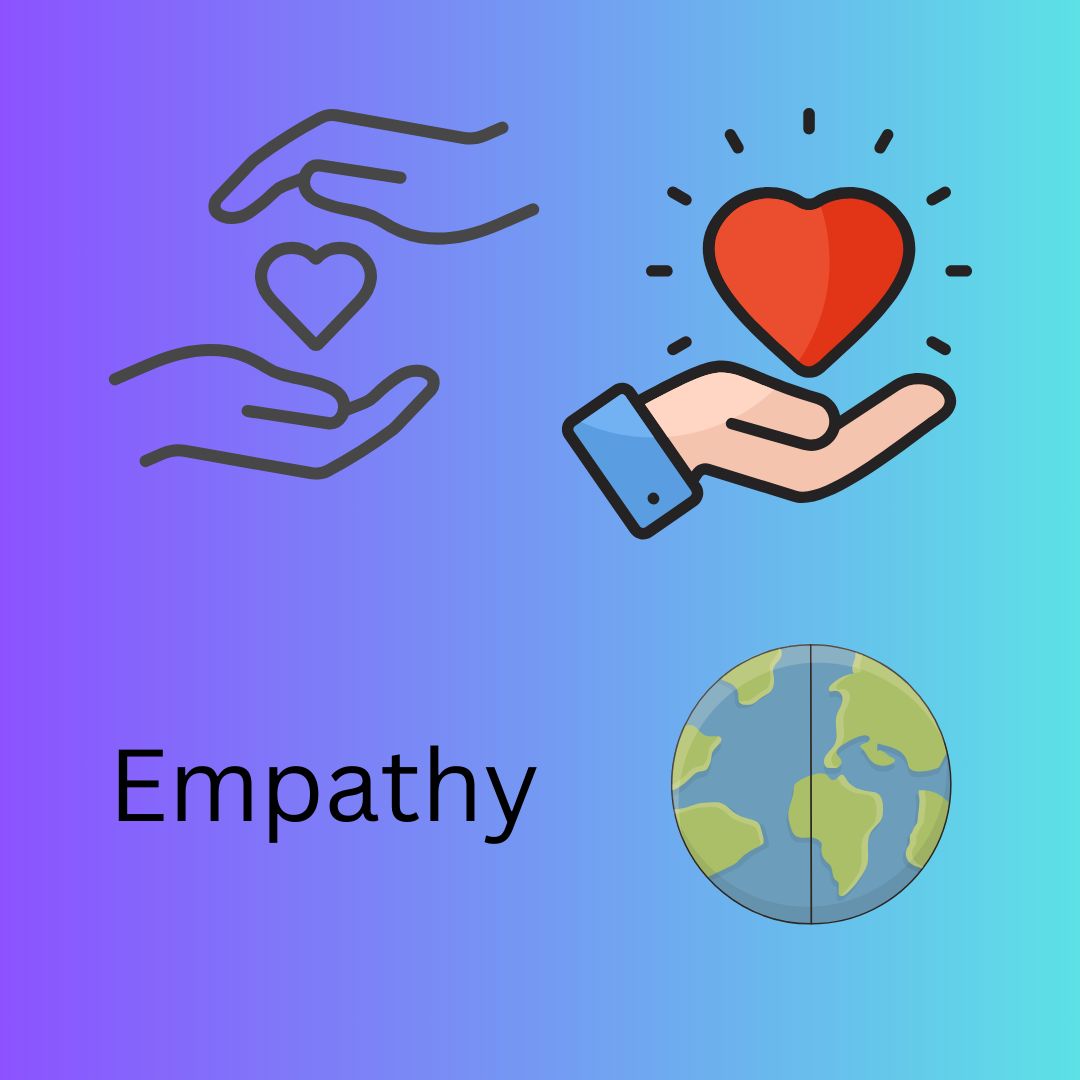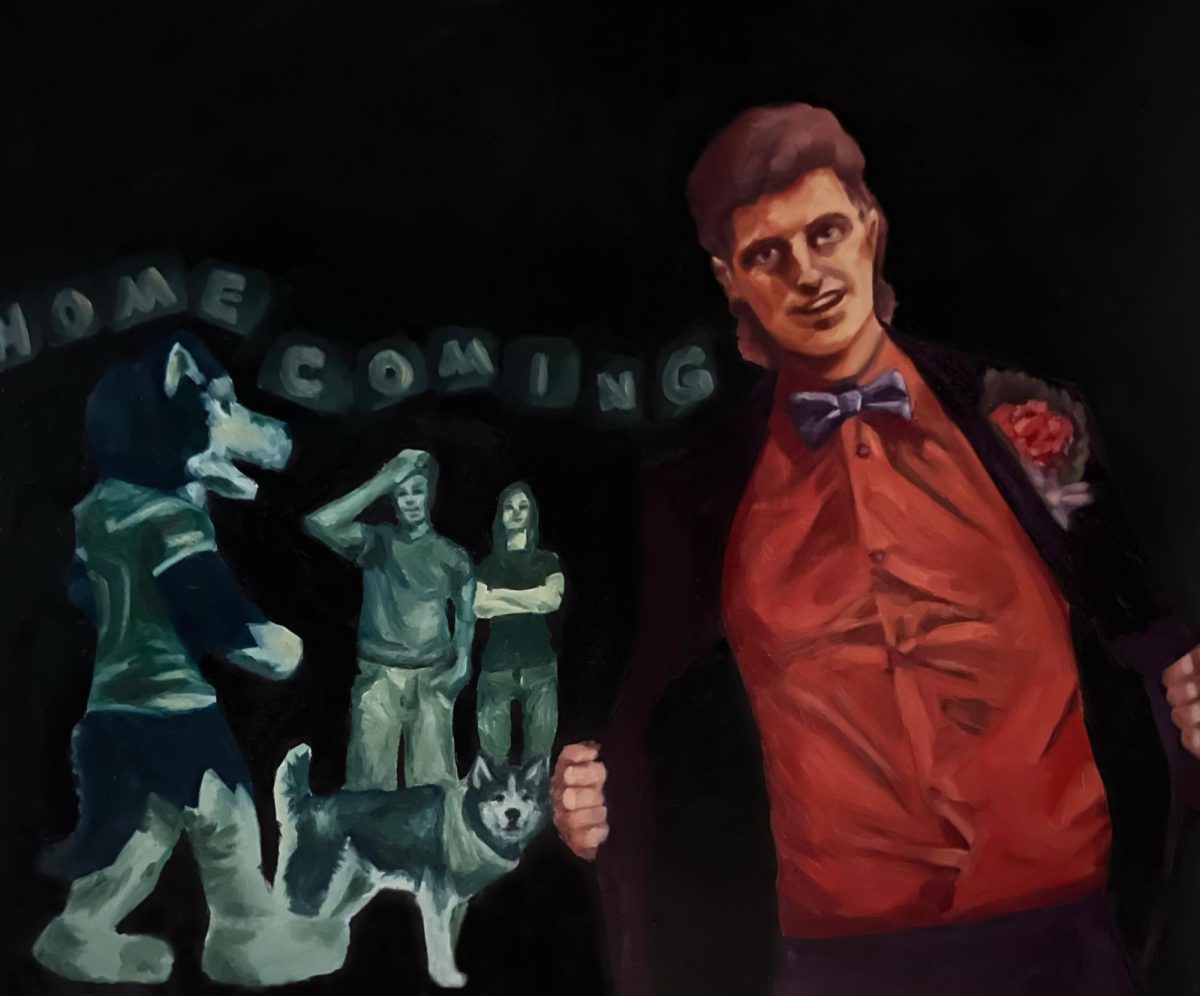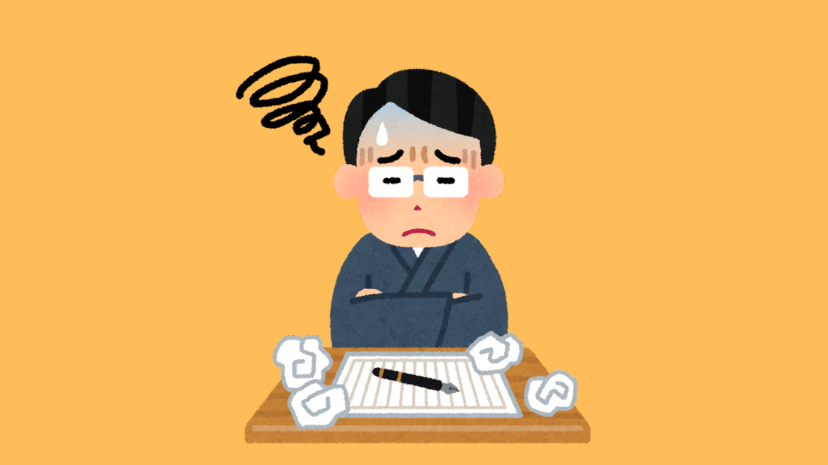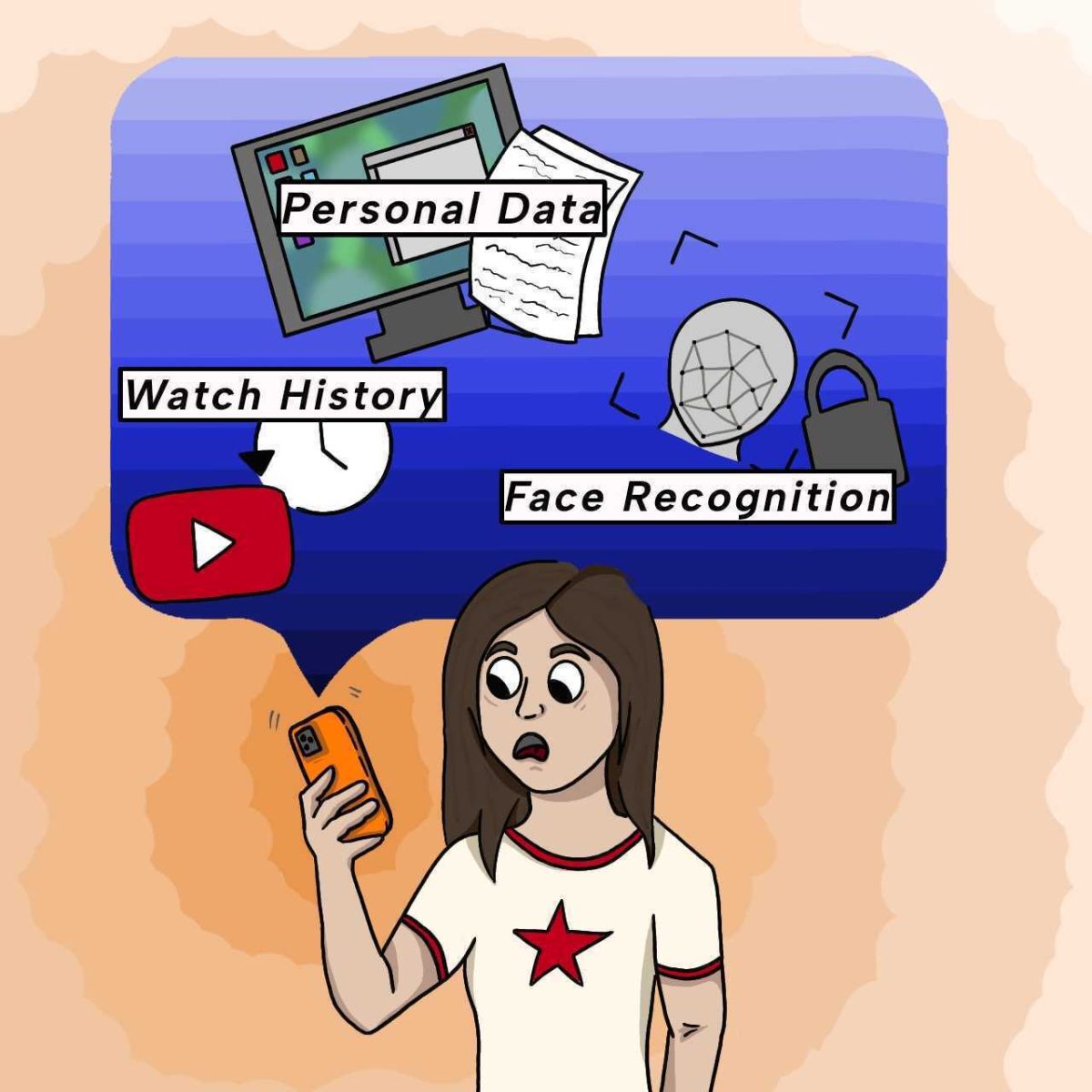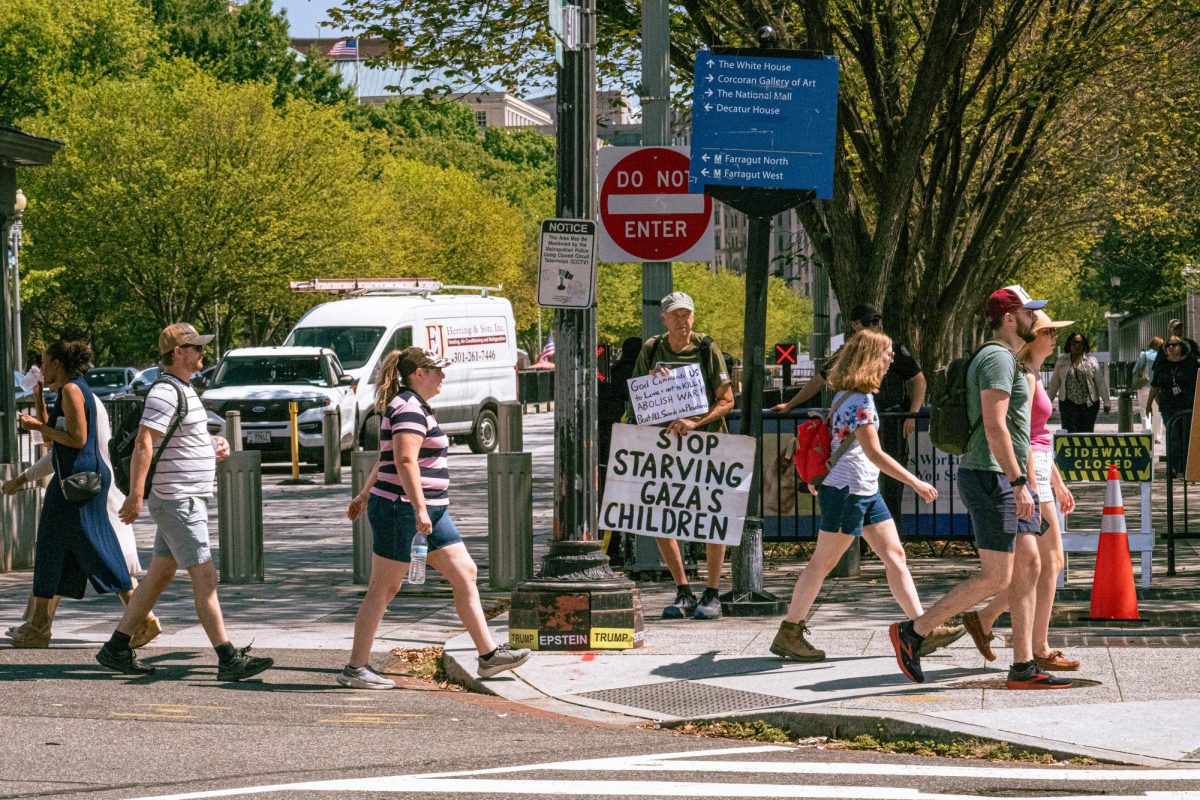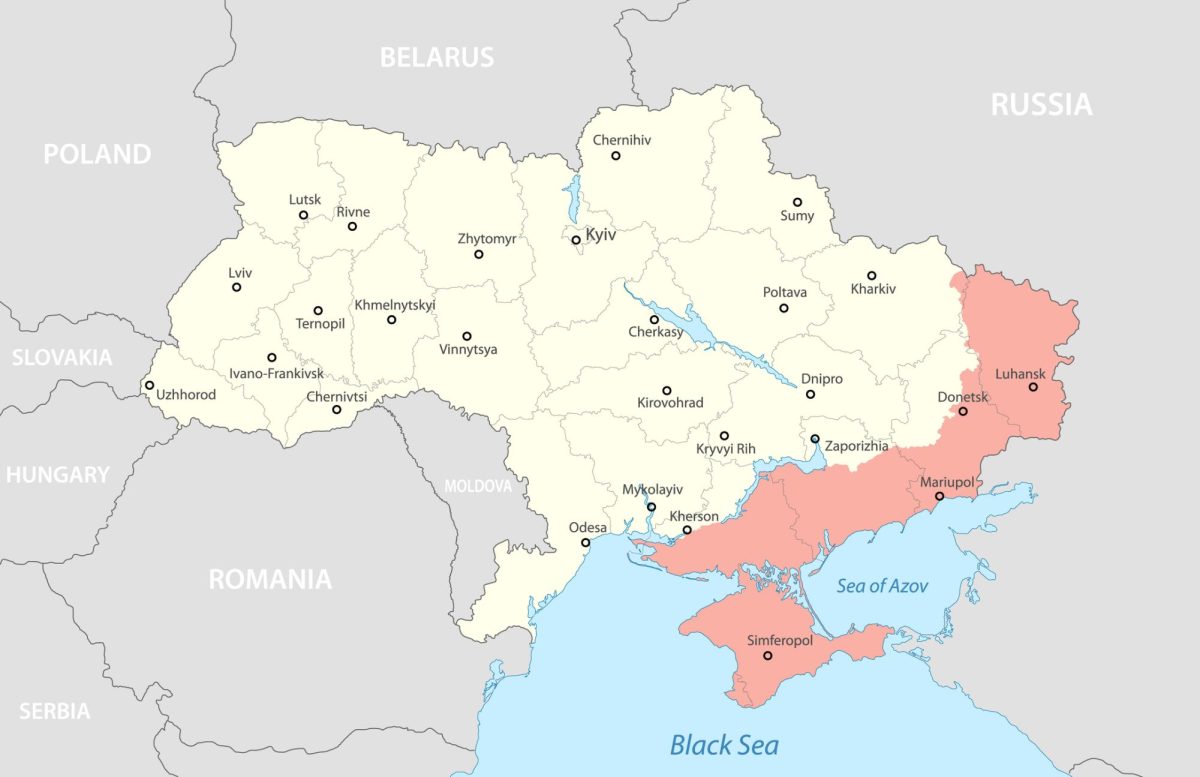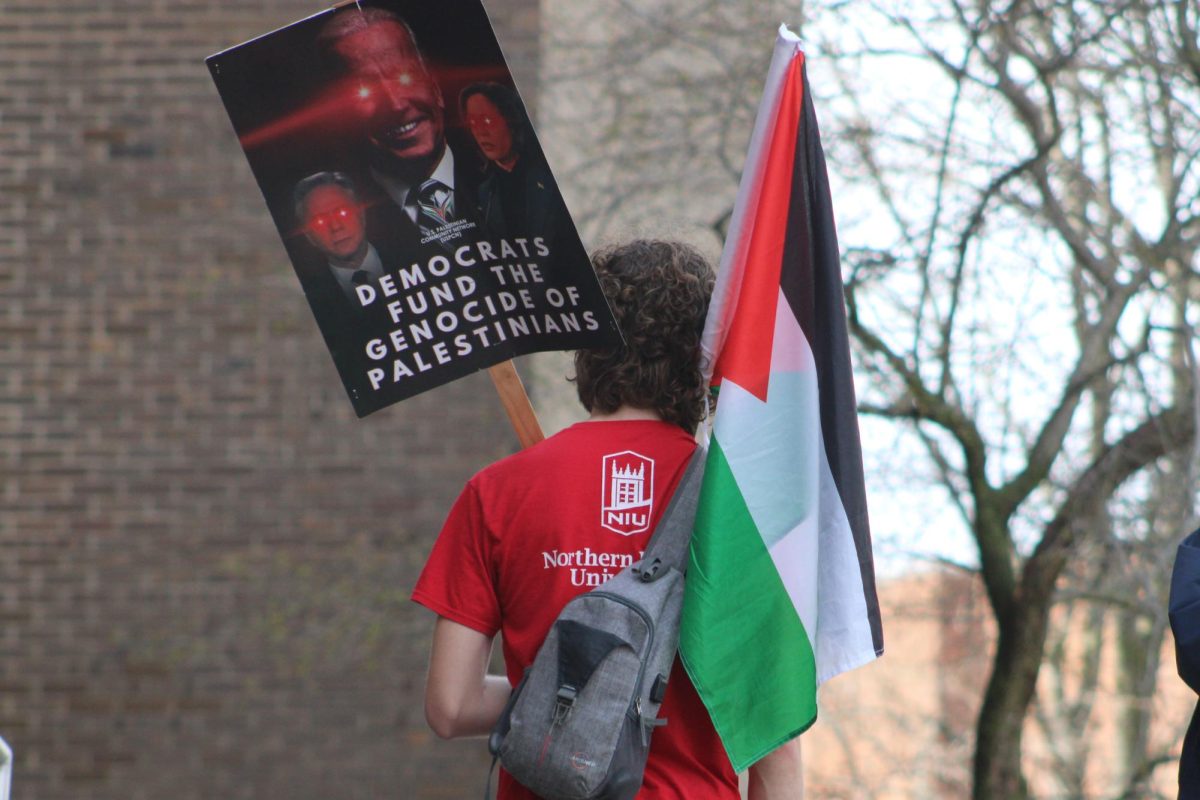The freedom to disagree was once the backbone of democracy. Now, polarization defines our nation’s identity. We even create TikTok trends, like the viral Republican makeup, meant to further divide individuals by political parties.
The left and right no longer just oppose each other – they often distrust, despise and dehumanize each other. How did we get here?
News and social media have played their part, fabricating narratives that reward outrage over nuance. Shifts in the economy and cultural anxieties have also created frustration and distrust between the parties, creating a sense of hostility in both rural and urban communities.
But the greatest casualty in this ideological war is a severe lack of empathy.
Empathy is not agreement, it is the radical act of listening without precondition. Having conversations, sometimes uncomfortable ones, with another person and refusing to reduce them to a caricature. Without empathy, we see only “the other,” not the fellow citizen. We forget that behind every voice is a story – a lifetime of struggle, fear, hope and values.
To heal the damage, we must re-learn how to listen to each other. It begins not in Congress, but at your kitchen tables, in your community centers and online threads where we engage without hostility. It means not asking “How could they think like that?” but “Why do they think that way?”
The biggest point is opinions, like anything, are capable of change. Give people the opportunity to explain their thoughts, it is possible you will learn something or you can understand why someone might think a certain way.
Empathy won’t fix our politics overnight, but it can rehumanize our society. In this society, recognizing our shared humanity may be the most revolutionary act of all.


